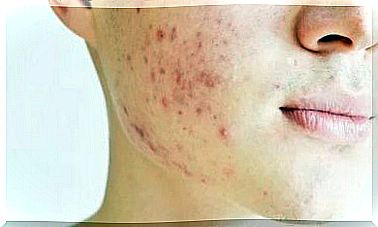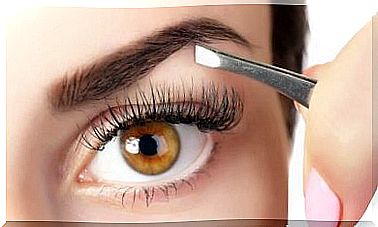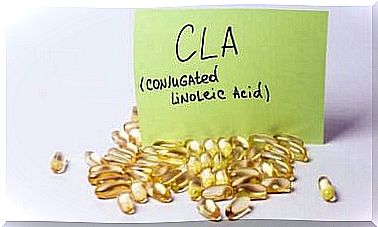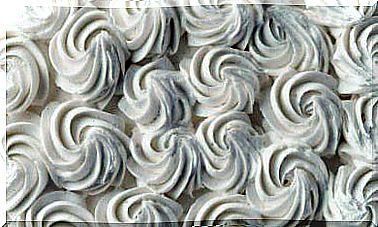8 Early Symptoms Of Kidney Dysfunction
Even though some symptoms may be normal or correspond to other pathologies, we advise you to consult a specialist to check whether you have kidney problems or not.
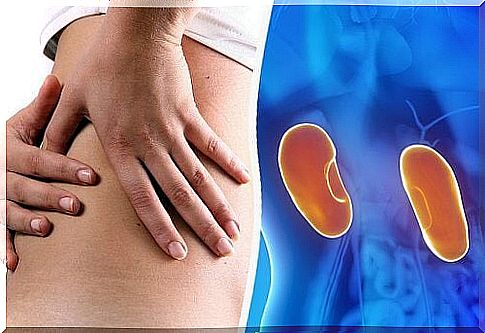
The kidneys are the organs that are responsible for detoxifying our body through our urine. They are also in charge of balancing our levels of sodium, calcium and other substances important for health.
They are located just below our rib cage and are estimated to remove toxins from 120 to 125 liters of blood per day. However, sometimes our body contains too much waste and the kidneys cannot perform all of their tasks optimally.
Some important body processes cannot then be carried out and diseases can occur. They undoubtedly decrease the quality of life of the affected person.
But the most worrying thing is that it is difficult to detect the appearance of these pathologies. At the same time, the later they are diagnosed, the greater the consequences for the patient.
It is therefore essential to know how to recognize the appearance of a renal pathology, in particular by learning to detect the first signs of dysfunction of these organs.
In the rest of this article, we will share with you the 8 symptoms that should put you on alert regarding the health of your kidneys.
1. Urinary changes
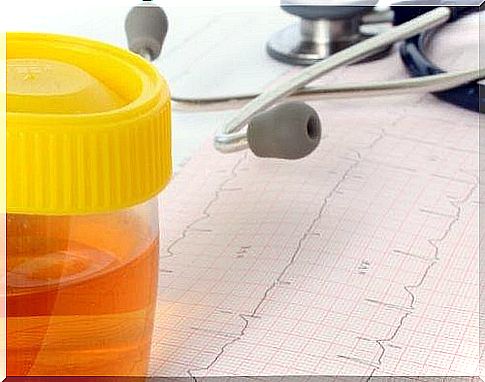
Changes in your urinary habits, such as changes in the composition of your urine, for example, can tell you that you have kidney disease.
These organs indeed have the task of producing it. It is therefore quite logical that, during a deterioration in their health, the urine undergoes quite radical changes.
The frequency of your urination may increase during the night or you may, for example, experience urgent urges throughout the day.
Its color can also be more yellow than usual, even almost orange, and its smell stronger and more unpleasant.
2. Edema or inflammation
The appearance of edema or fluid retention is a sign that the kidneys are struggling and are not able to function normally.
Inflammatory processes in the body are usually out of balance when this occurs, and body fluids are retained in the tissues.
Inflammation can occur in:
- The feet
- Legs
- Ankles
- The face
- Hands
- The abdomen
3. Acne
Toxins retained in the blood stream due to kidney dysfunction can lead to the onset of acne.
The blood transports them to the pores of the skin where they cause a significant alteration in the production of natural oils in the body.
The consequence of this phenomenon is the appearance of unsightly pimples . You may also notice an itching sensation which can be just unbearable.
Acne can be controlled through topical treatments. But when it is provoked by an intoxicated body, it is necessary to carry out renal purification.
4. Discomfort in the lumbar area
Pain in the lower back or on one side of the back may indicate the presence of kidney disease.
While it is easy to confuse this sensation with classic muscle pain, it should not be overlooked. Indeed, it could alert you to polycystic kidney disease, stones or serious liver disease.
5. Nausea and vomiting
While these symptoms can be caused by many factors, they can also indicate the presence of kidney disease. Especially if they are accompanied by other genes of the same type.
The cause of nausea and vomiting is thus to be sought on the side of the kidneys, it is that they do not manage to eliminate the wastes of the organism in their entirety and that these prevent the good functioning of all the other systems. from the body.
6. Dry skin
The more the condition that affects the kidneys progresses, the more the body becomes dehydrated and the less it is able to use the fluids in it correctly.
Due to this phenomenon, the skin loses its natural hydration and becomes drier every day.
7. Dizziness
Some patients with kidney failure or infections may have anemic disorders. It is therefore necessary to control them as soon as possible before they degenerate.
It is very important to see a doctor if you regularly suffer from dizziness, feeling unstable and tired.
It is the lack of red blood cells in the body that prevents the brain from receiving the quantities of oxygen it needs to function.
8. Loss of appetite
A person who is used to eating well and who suddenly loses all his appetite is certainly suffering from a pathology.
Kidney problems are not the only ones that can cause this phenomenon. But it is a possibility that you should keep in mind if you are in this situation.
Kidney failure can sometimes cause hiccups and reduce the feeling of fullness.
Do not forget !
Kidney dysfunction can be quickly corrected when detected early.
However, failure to regain control over this disease can lead to serious conditions, such as high blood pressure, chronic fluid retention and infections.
Stay alert for all of the symptoms we just told you about. And do not hesitate to consult a specialist if you have any doubts.

